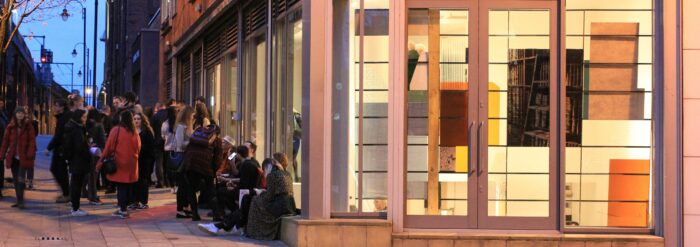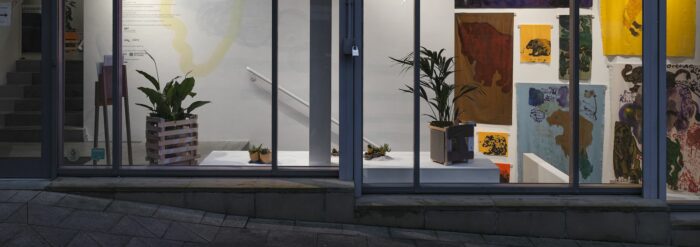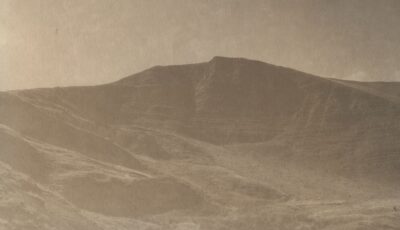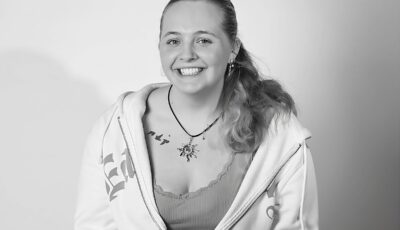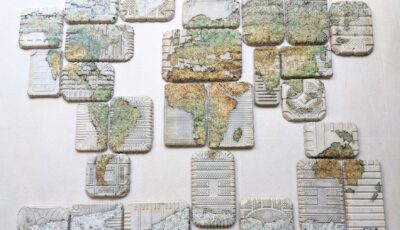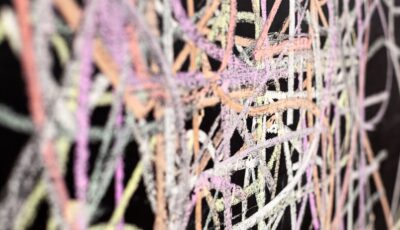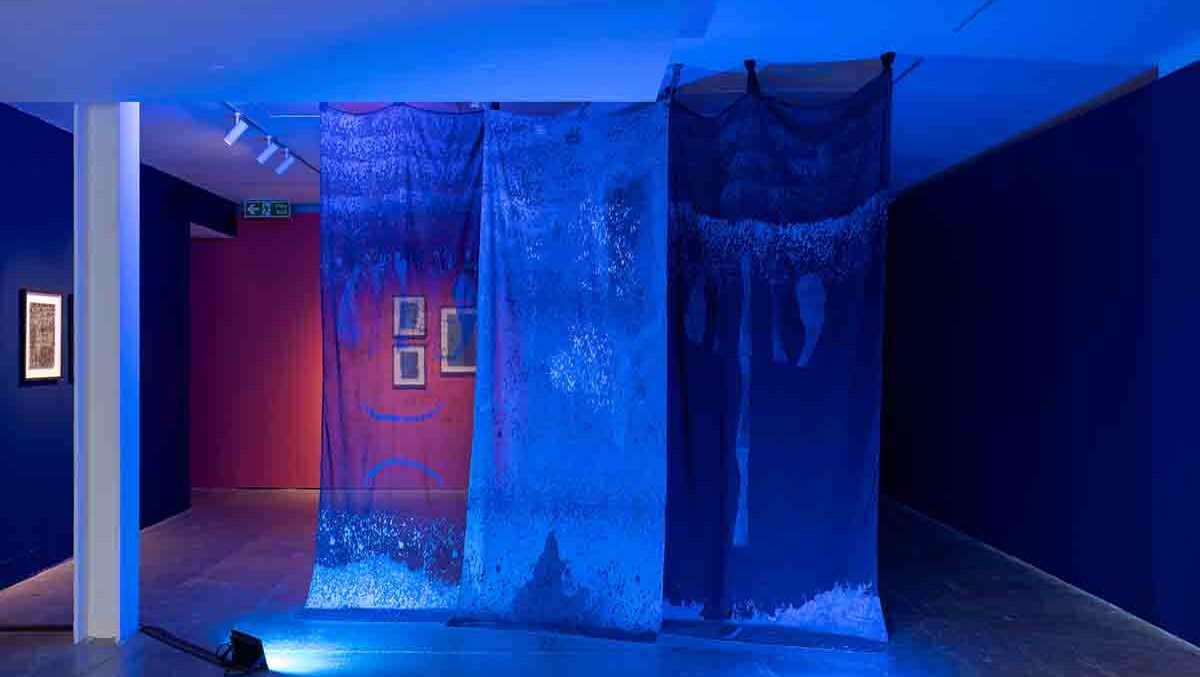
Spotlight: Artists and Sustainability – Jessica El Mal
Posted on 5 July 2023
This month we’ve invited Jessica El Mal to contribute to our ongoing series Spotlight – Artists and Sustainability, where we ask artists to share short responses about their work and how it might relate to climate change.
Jessica El Mal is a British-Moroccan artist and curator with a particular interest in ecology and care. Her work addresses global structures of power through critical research, multidisciplinary projects, and speculative future imaginaries. She works internationally, having had projects with Open Eye Gallery, Liverpool, Manchester Museum, Esmat Publishing Cairo and MAMA Rotterdam to name a few. In the UK, she runs arts programs in nature for people with experience of migration, as a way of addressing accessibility of green spaces whilst also building community networks. Jessica is also the co-founder of A.MAL Projects, an art and research initiative between Europe and North Africa, dedicated to providing paid opportunities for artists.
Her work is currently on display at Castlefield Gallery as part of our current exhibition The Poetics of Water until 24th September 2023.
In what ways do you feel your work might relate to issues of climate crisis and sustainability, in the content of the work, its narrative, conceptually or theoretically. How might it speak to or challenge public discourse?
I think of my installations as 3D collages, which layer in different materials and mediums, sometimes overlapping, sometimes disrupting and sometimes converging into each other in order to reflect how many themes such as climate injustice, racial injustice, nature resonance and geopolitics are so interwoven together. In my opinion, it’s really difficult to talk about one without another.
Another aspect of my work is to highlight how non-human entities such as the ocean, or, as in the current show Poetics of Water, rivers and rain are both politicised (in that they are used and manipulated for political interest, like to create borders or to exacerbate war efforts) and yet hold agency in and amongst themselves (for example how we can listen to natural phenomena such as floods or rainfall).
Challenging a predominantly white and eurocentric discourse around climate and climate collapse, I am indebted to the work of people like Wretched of the Earth, Naomi Klein, Astrida Neimanis and Françoise Vergès who make links between the longstanding legacies of colonialism and climate injustice, which is disproportionately inflicted by the ‘global north’ and its effects disproportionately felt in the so called ‘global south’ or ‘global majority’.
With regards the materials, processes and techniques you use to produce your work, are there any practical decisions you make with regards climate change and sustainability
When I start any project I like to think about the legacy, what are the people involved going to take away, if an object is being made how much time and resources go into it opposed to how long it’s going to exist or be useful for. Where will this object be in 7 years time – is a question I like to start with. Sometimes this manifests as borrowing materials which can be given back, or knowing where materials can be donated to. For example, for my current project with At The Library, we have produced a multilingual poetry book called Our Dreams of Jasmine which will be donated to libraries and public collections, so in 7 years this object will still be accessible to people. For me this is an example of a more sustainable project, as all the materials, resources and energy which have gone into making it are not wasted due to its longevity.
In general, how do you feel galleries, art spaces, artworks and artists might be able to contribute? What if any role do you feel they can play in a progressive conversation?
I think that centering racial justice within climate discourse is really integral, as well as creating networks of knowledge and resource sharing across geographies, as this is a global issue which needs people to listen to perspectives other than one’s own.
I also think that centering care within a workplace or work project is also integral, as it is through lack of care that harmful practices thrive. One very simple example is that the artist on a low budget and a short deadline is more likely to use the less environmentally friendly material delivered by Amazon. Or that the overworked and underpaid employee is more likely to take that short flight to the conference than if they are paid their time to take the train. My preference is to do things small, slowly and well, rather than rushed, making silly decisions, and feeling horrible at the end.
I also personally see a lot of promise for art, science and agriculture to come together and illuminate new possibilities. For example, there is so much creativity within permaculture, and experimentation and collaboration is key to opening up new horizons. I see how artists can not only be useful for this work but also help in mediating and imagining possible futures with wider audiences. This is an idea we are working on a lot at A.MAL Projects, especially with our current project Ard which you can find out more about here
Are there any tips or advice, anything you have learnt you might want to share with other artists or our audiences?
Climate doom is real and it’s so easy to feel overwhelmed and hopeless. It helps to recognise that there are people doing really practical, thoughtful and amazing work, especially in the global south, and we can learn (or unlearn) things from others if we are open and respectful, and we can support by redistributing resources such as money, but also time, knowledge and access.
